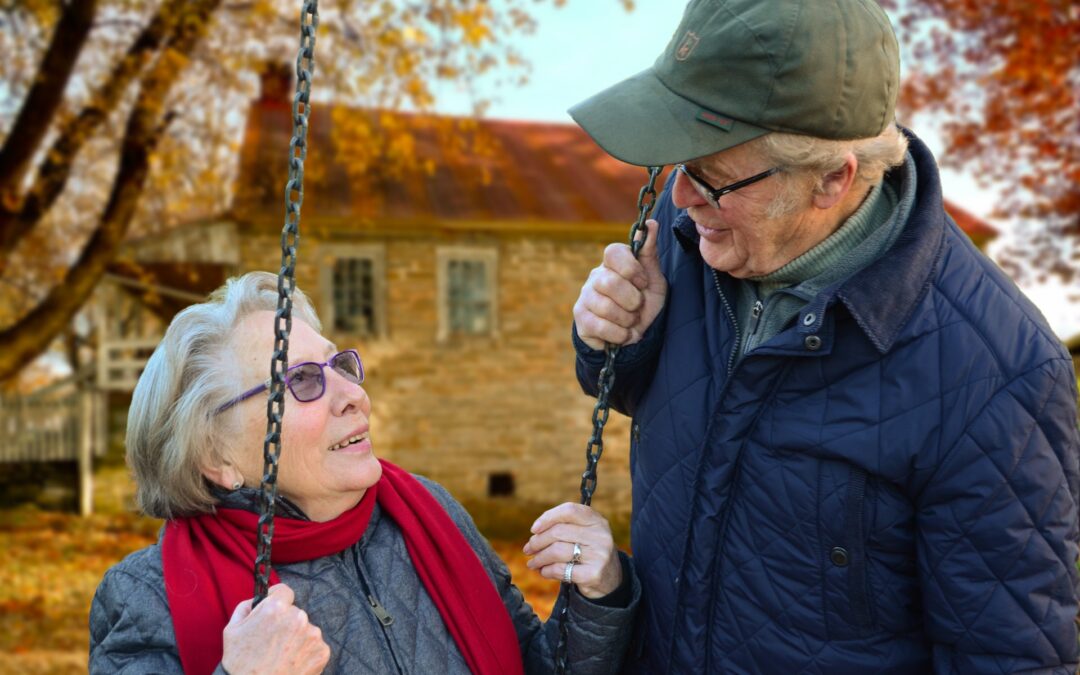The value of social engagement and companionship in non-medical home care is frequently underestimated. However, it can significantly improve the quality of life for the elderly. Spending time with family, friends, or even animals adds to overall happiness.
According to studies, engaged seniors with meaningful relationships have less physical and mental health difficulties, improved moods, seek medical treatment more frequently, and can live independently for much longer.
The presence of a valued friend helps alleviate aging-related worries and better prepares individuals to combat depression. The opportunity for excellent discussion or activities provides psychological stimulation to older people who may otherwise be lonely, and it enhances the odds of detecting any changes in behavior that may cause worry.
This blog article will address the value of social connection and companionship for persons receiving non-medical home care and look at techniques to enhance caregiver participation.
The Value of Friendship and Socializing
Everyone, regardless of age, requires socialization. The elderly are not immune to this law. As a result, non-medical home care should give meaningful social connections and companionship opportunities. The advantages of these encounters are numerous, impacting physical and mental health and general quality of life.
To begin, connecting with people can help minimize the risk of depression and other frequent mental health concerns in the aged population. A reliable companion’s presence gives elders companionship, comfort, and confidence that they are not alone. This sense of security boosts self-esteem, which is vital for preserving physical and psychological well-being.
Socializing may also be beneficial to one’s physical well-being. Engaging in meaningful discussions or leisure activities can aid in the prevention of cognitive decline, the reduction of the risk of stroke and heart attack, and the reduction of blood pressure. The boost in morale from spending time with friends or family promotes the desire to seek medical assistance when necessary and adhere to prescribed therapies.
Finally, interaction helps to reduce the loneliness and isolation that typically accompany aging. Companionship from a caregiver or loved one can help older people feel more connected to the world around them, offering crucial emotional support.
Increasing participation
Caregivers should be aware of the value of social engagement and companionship for the elderly and ensure these requirements are addressed. The idea is to identify activities or conversations that elders like to keep their attention.
Reminiscing is one method for accomplishing this. Reminiscing may be entertaining and informative, as it can help seniors recollect memories while learning more about themselves and their life experiences. Telling tales, exchanging old pictures, or reliving memorable events may help seniors feel connected to their family members, creating a sense of pleasure and fulfillment.
Caregivers must also urge seniors to engage in physical exercise. Although the health advantages of training are well-documented, physical activity may also be a fantastic way to interact. Caregivers must provide opportunities for elders to be physically active, such as going for walks or the park with friends and family.
Furthermore, it may be good to investigate organized activities that promote socializing among the elderly. These programs vary in availability between towns, but they may give seniors the chance to engage in meaningful activities and discussions, making them feel valued and connected.
Individuality Is Important
Respecting and understanding each client’s unique demands cannot be overstated. The care plan should be personalized to that person’s needs, lifestyle, and preferences. The caregiver should collaborate with the client, their family, or support networks to develop a plan that fulfills their requirements.
The value of social engagement and companionship for older people receiving non-medical home care cannot be overstated. These talks, activities, and connections have far-reaching consequences for mental health, quality of life, and general well-being.
Caregivers should be aware of the influence of socializing on elders and strive aggressively to meet their requirements. The objective is to give significant interaction opportunities while making elders feel at ease, safe, and connected to their surroundings.
Call Us Right Now!
We appreciate the value of social interaction and companionship for elders at Covenant Caregivers Home Care. Our skilled, caring caregivers will design a personalized care plan for your loved one’s needs and lifestyle, guaranteeing their physical and emotional well-being. Contact us immediately to find out how we can assist your loved one.

